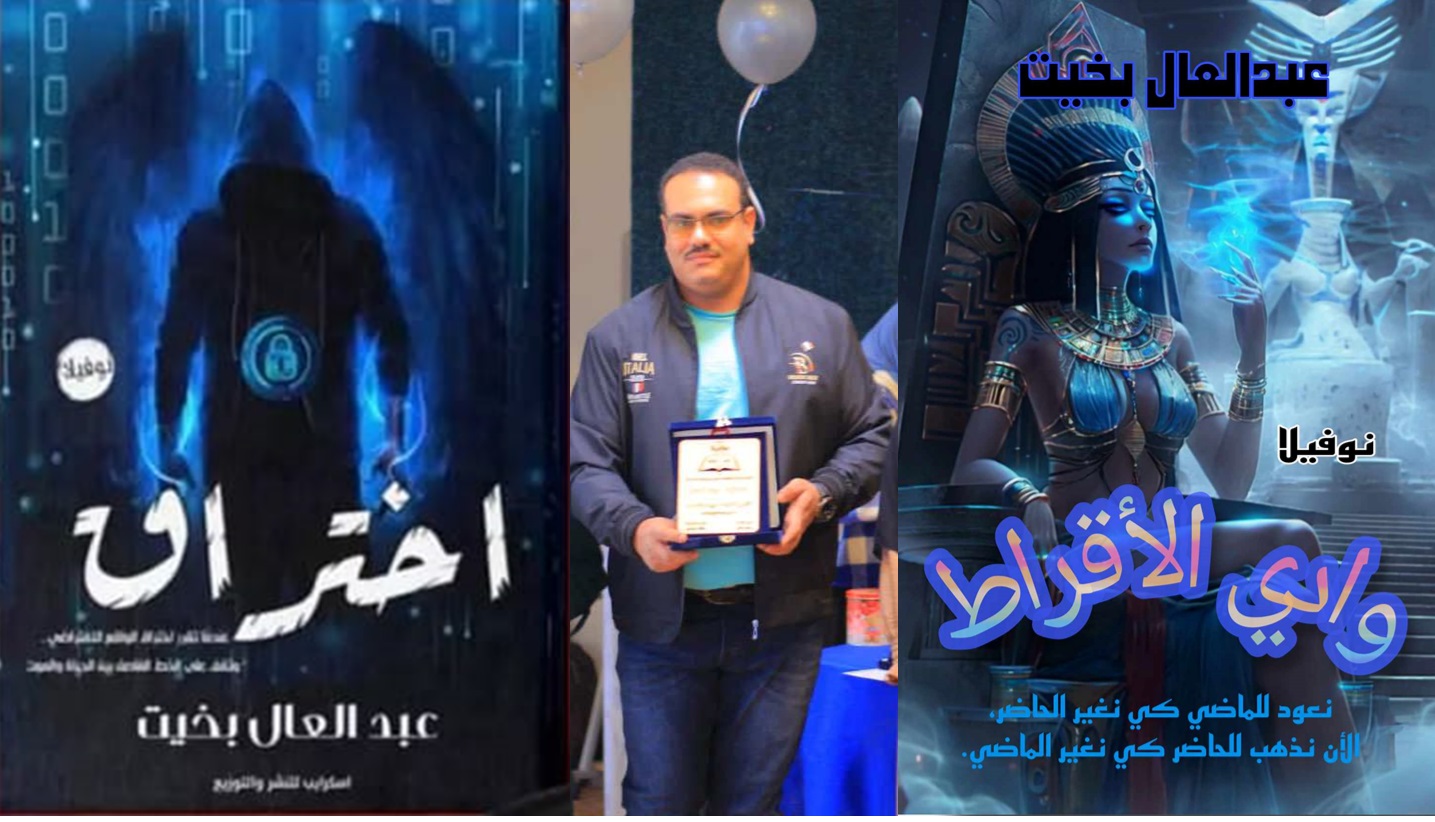
If you remember, I once reviewed (‘The Hack’ or ‘Penetration’) by Abdel Aal Bikheet. I recently encountered him on Facebook and got him my review. He was so overjoyed I had to get him into our illustrious newspaper – through the backdoor!
By Emad Aysha
Welcome to The Liberum, please share your essentials with us.
Born 1/7/1980. BA in Business, Cairo University. Currently Department Head at Gas company. My hobbies are writing short stories and novels and also watching foreign movies. My favorite authors are Ahmed Khaled Tawfik and Nabil Farouk. I love reading anything written on paper.
I made a stupid mistake when I wrote my review of Ikhtiraak, thinking that cyberpunk was still in its infancy in the Arab world. Now I find the ‘metaverse’ repeated in many SF and horror novels here and with startling results. Why are Egyptian authors so obsessed with Mark Zuckerberg and Elon Musk? And what were you warning about in your novella?
Today's youth are pursuing the rapid and unbelievable pace of technological advancement. It’s such fertile ground for new ideas.
Anything invented by the human hand can swerve in the wrong direction and so birthing crimes we did not anticipate.
Do you consider yourself a cyberpunk author? And do you find it easy to write about horror in a hacker story?
No, I don’t consider myself a cyberpunk author. I’m a jack of all trades.
Writing itself is not easy, and not just in horror. And Penetration is not horror; it’s a thriller!
You’ve written much horror; even Ikhtiraak is technically a horror story. What draws you to the field, and why is horror so successful on the Egyptian bookshelves?
I must confess that the young in our times are so attracted to horror, but I insist that when I decided to write Penetration, I was not trying to pen a horror novel. I was interested instead in exploring the fear of an unknown future.
Do you think horror is an excellent genre to raise ethical and psychological questions? And do you do this in your books The Dark Walls (الجدران المظلمة) and The Day the Angel of Mercy Died (لحظة موت ملاك الرحمة)?
No, The Dark Walls isn’t horror but drama, romantic and social drama that poses psychological questions and dilemmas for young people and their own surroundings of today.
As for the angel of mercy, that is a search, a journey after the missing conscience of the medical doctor. Human beings are not commodities to be bought and sold.
I love the epithet of your novella The Valley of Akraat (وادي الأقراط), ‘We return to the past to change the present; now we travel to the present to change the past.’ Please elaborate.
It’s a truism that when a human wants to change the present, he must return to the past, fix its course, and choose a different path. As for Wadi Al-Aqrat, all I did was deploy a totem from the past to the future so that you can attain what you want from the future and use it to go to the past.
There’s an awful lot of ancient Egypt in horror novels, and you have The Forbidden Country (الأرض المحرمة), along with jinn and magic spells. Can you explain why? And what draws you specifically to this set of symbols and subject matter?
I ‘adore’ the Pharaonic era and the incredible technological advances they had accomplished. That being said, I write about it in a different way, an angel nobody has seen before.
Now for your award-winning story “Fog” or “Mists,” set in all that remains of the civilization of Atlantis. What was the story's moral message, and why have so many Egyptian authors written about the long-lost island people?
The message is moral, a clear no and a warning against (التنمر) bullying against fellow human beings.
As for the obsession for writing about Atlantis, it’s such fertile ground for imaginary scenarios.
Were you influenced by Arabic legends of cities that 'disappear' and then reappear after hundreds of years?
Oh yes, definitely. It has so many concealed secrets waiting to be revealed.
Finally, do you have any future sci-fi plans? I miss Ikhtiraak already!
Oh yes, I have a coming story project called “The Blue Lightning Bolt” (or Blue Lightening), but its science fiction set in a very near future that could take place at any moment in real life!

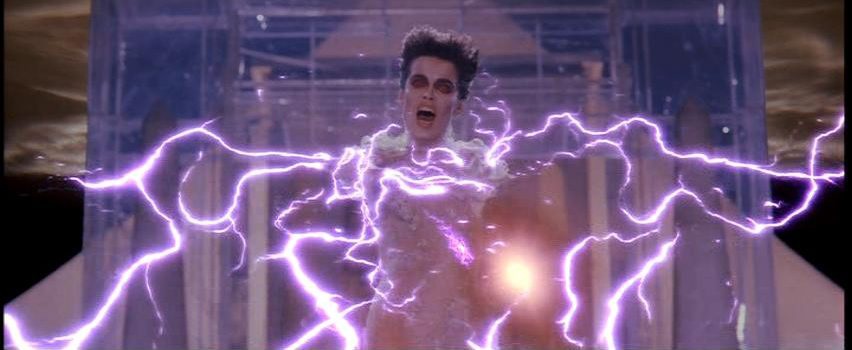
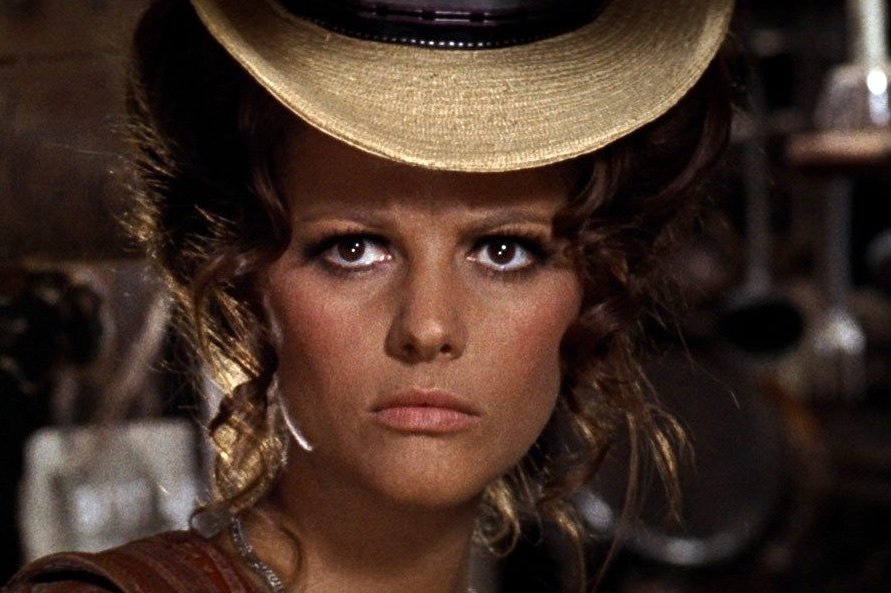
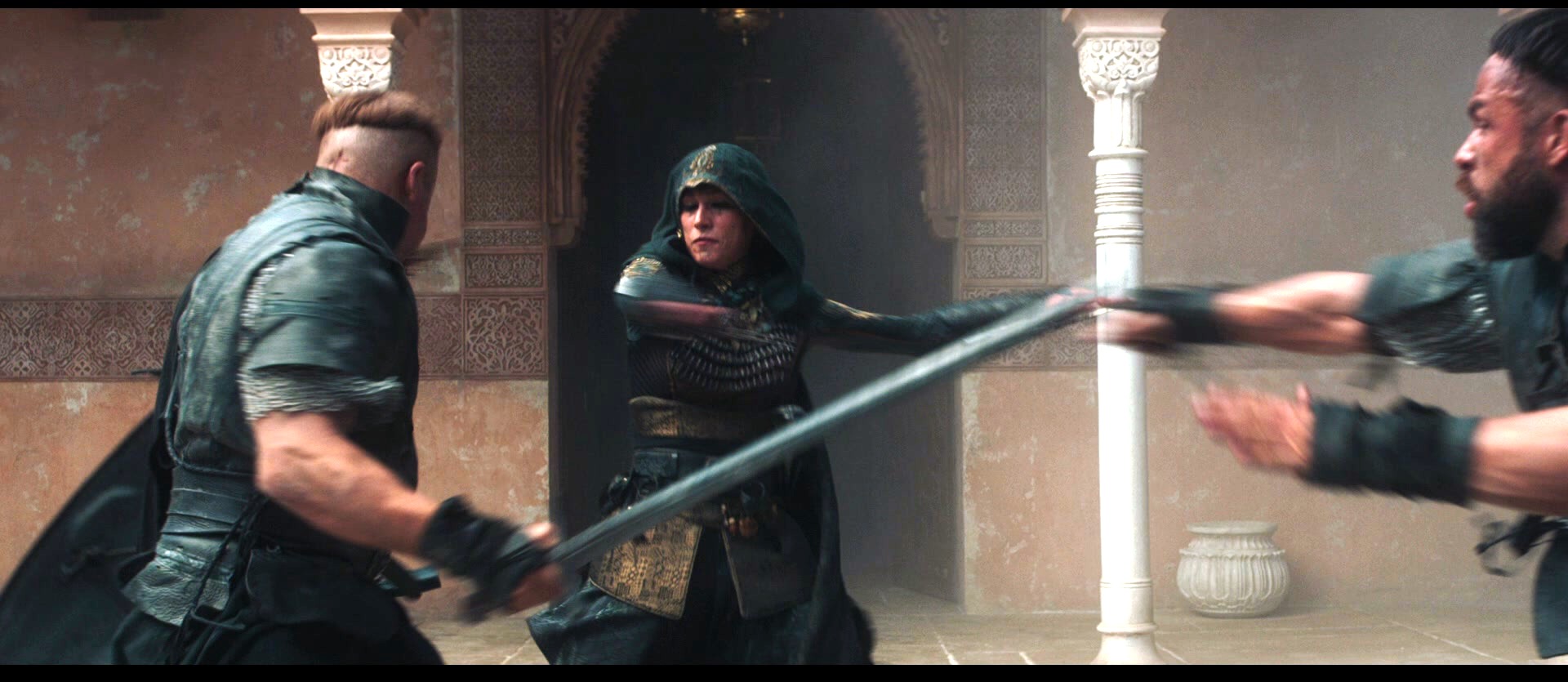
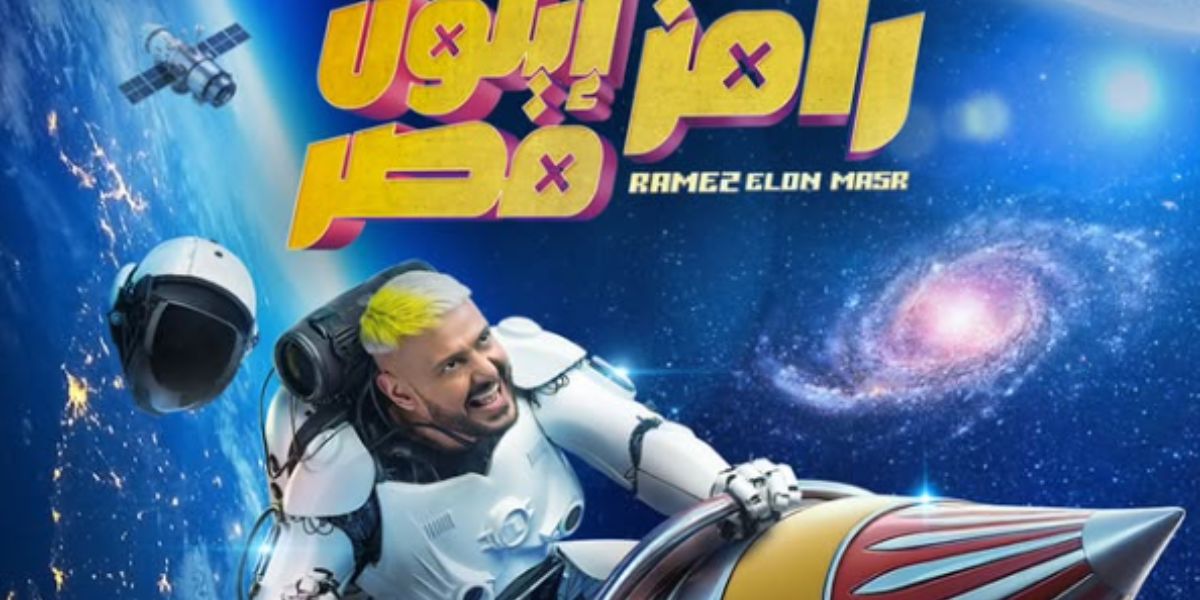
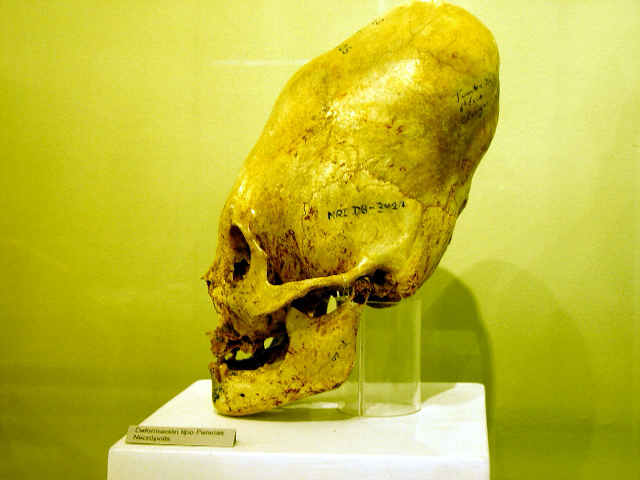
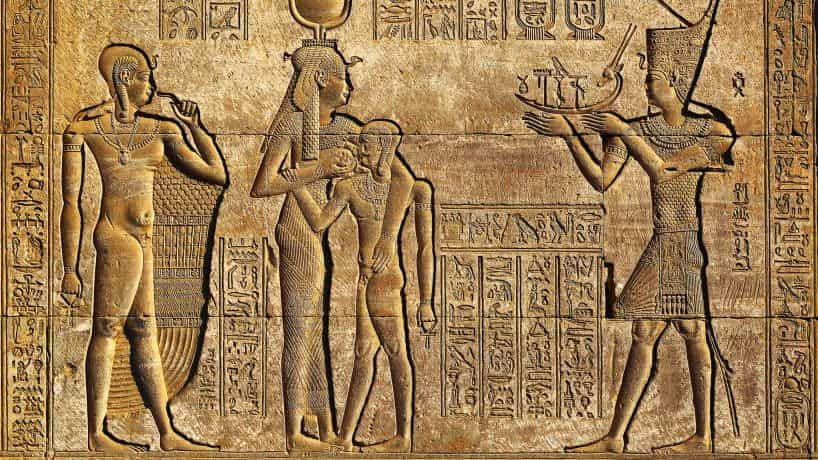
شكرا لحضرتك على هذا الحوار الممتع | Thank you for this interesting conversation
This webpage is phenomenal. The brilliant data reveals the maker's interest. I'm awestruck and expect further such astonishing entries.
Fantastic beat I would like to apprentice while you amend your web site how could i subscribe for a blog site The account helped me a acceptable deal I had been a little bit acquainted of this your broadcast offered bright clear concept